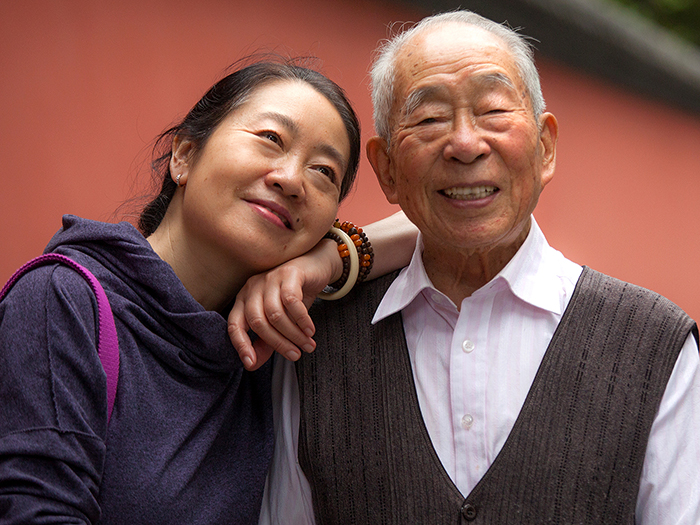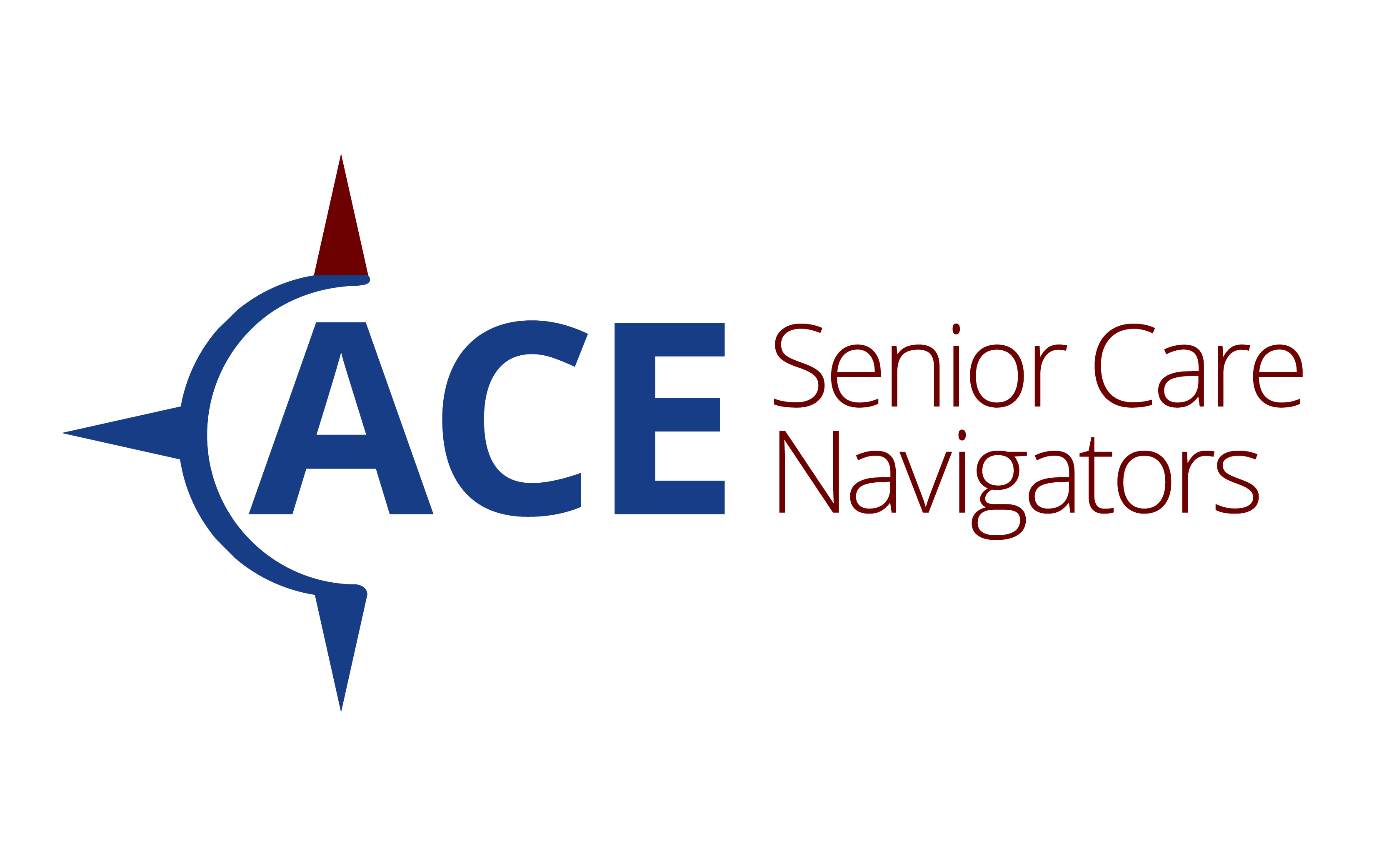A Developmental Approach to Dementia

While dementia and Alzheimer’s are often thought of and talked about as “conditions” or “diseases,” we at ACE Senior Care Navigators find that it is often helpful to think about dementia as a series of developmental changes. What do we mean by that? Well, let’s back up a bit…
The other day I was talking with a friend, Crystal, about her mother in-law, “Pam.” Pam was in town visiting for the holidays.
“I’m frustrated.” Crystal began. “Pam will not leave me alone. She is always asking me what time it is, what we are doing. And when I write things down for her, she gets upset and feels I am treating her like a child. She is clinging to me and I need a break!”
Crystal shared that Pam had been diagnosed with early-stage Alzheimer’s. Her behavior puzzled Crystal: Pam still drove, worked, and managed a household. So why was she struggling with the basic features of a trip to visit family? And how could Crystal support her in a way that was helpful for both of them?
What do we mean by “Development?”
When we talk about cognitive development we often think of babies and children. This comes into play when we consider the expectations we place on children based on their cognition. Let’s take the example of a hot stove: Adults don’t expect a 9-month old to understand that the stove is hot and should not be touched, because cognitively, this level of reasoning has not yet developed. So adults take great care to keep babies safe around hot stoves.
But what about the average 12-year old? This child will of course know that the stove is hot and they shouldn’t touch it, as well as the consequences for what could happen if they did. In most cases, this level of safety awareness is not something parents or caretakers need to “worry” about.

Development with Dementia
Now let’s apply these ideas to an older adult with dementia. In the most simple of terms, adults with dementia experience typical child development in reverse. So while an adult with early- or mid-stage dementia may be able to access the cognitive processes used for independent toileting, they are likely to have deficits in things like abstract thinking and executive functioning. And at some point, they won’t be safe around a hot stove.
This is hard! For people with dementia and for their loved ones! Families reasonably expect their children to gain more skills. But when it comes to older adults, it can be saddening, confusing, or frustrating for families to witness them losing skills they previously had. Especially because this reverse in development is more like a jagged line than a clean downward slope, and your loved one may have days where they need more or less support from others. And up to a certain point, adults with dementia are aware, to some degree, of the skills they are losing. All of this can lead to frustration, impulsivity, or other emotional or behavioral outbursts.
So what can you do?
It’s important to keep in mind that adults with dementia are not children and should always be treated with respect and dignity. The #1 thing you can do for a loved one with dementia is this:
Learn what they can do and change your expectations to match that.
So let’s go back to our example of a hot stove. We know that a baby is not going to know how to be safe around a hot stove, but that it is something they are likely to learn. While people with dementia can and do learn new skills, in general they are not able to regain cognitive skills that have been lost. So if your loved one is approaching the point where they cannot be safe around a hot stove, this is your time to change the experience for them – and for you.
Here’s what I advised Crystal to do with Pam:
- Give Pam an opportunity to be the expert. Ask Pam about things that Crystal knows she can share, or knows how to do.
- Ask for Pam’s help with tasks that are developmentally appropriate for her and that she enjoys. Pam needs to feel useful!
- Use written reminders in a way that preserves Pam’s dignity. Instead of writing things down for Pam, Crystal should write things down for “herself,” and let Pam know they are there in case she needs a reminder.
For more information on a developmental approach to dementia, we recommend this article on the Cognitive Developmental Approach to Dementia and The GEMS®: Brain Change Model by Teepa Snow. And as always, if you’re looking for support with an elderly loved one, whether or not they have dementia, we’re here to help.



